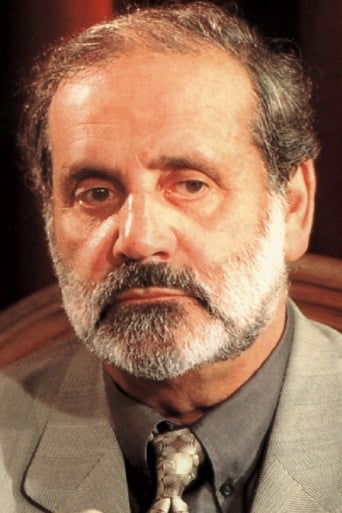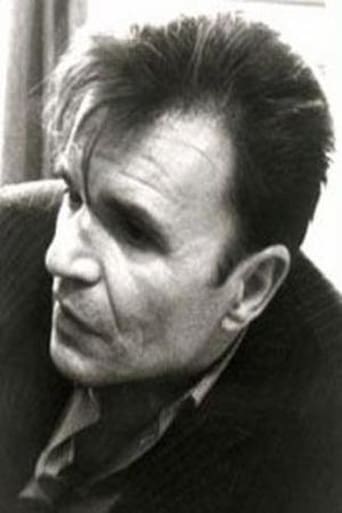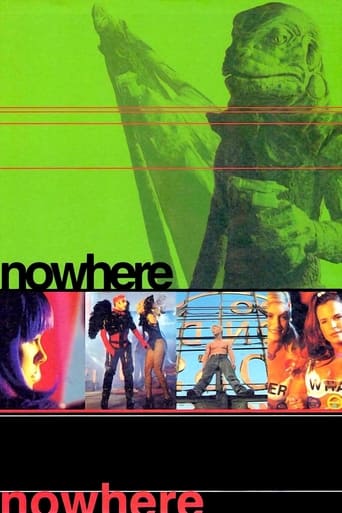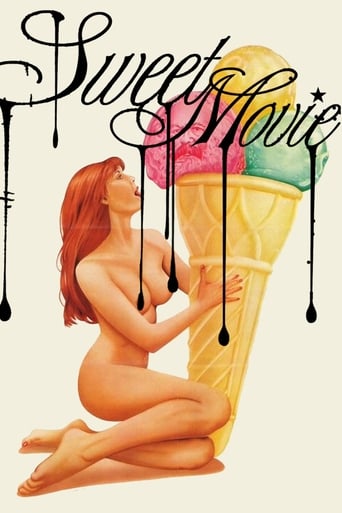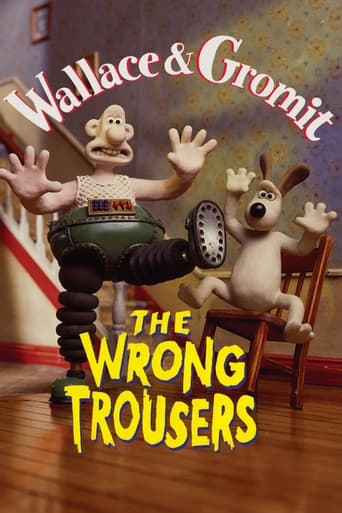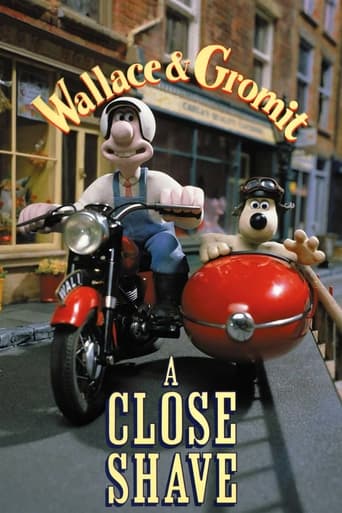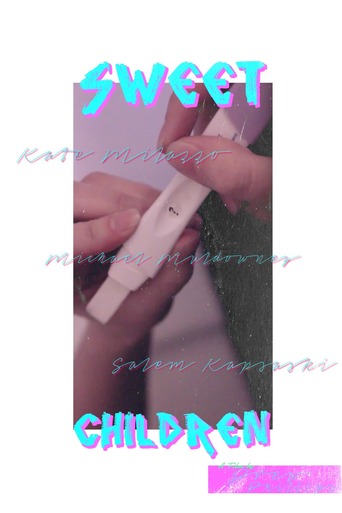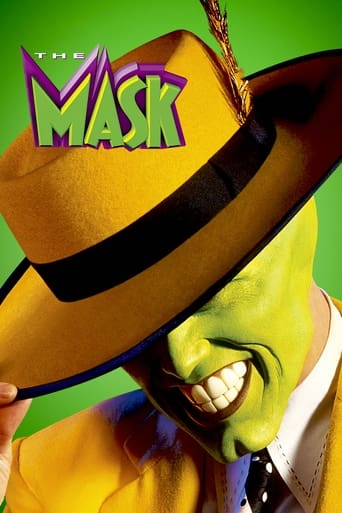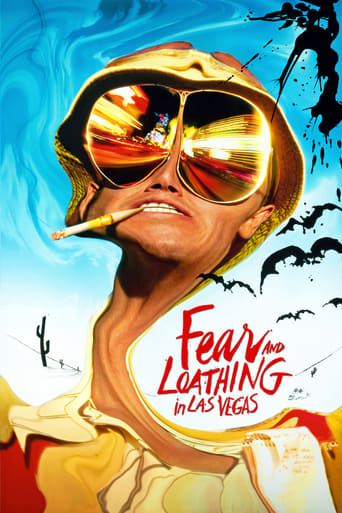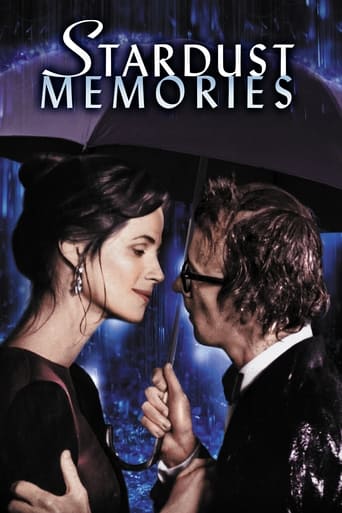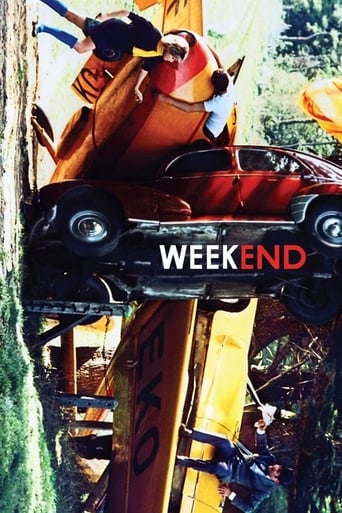
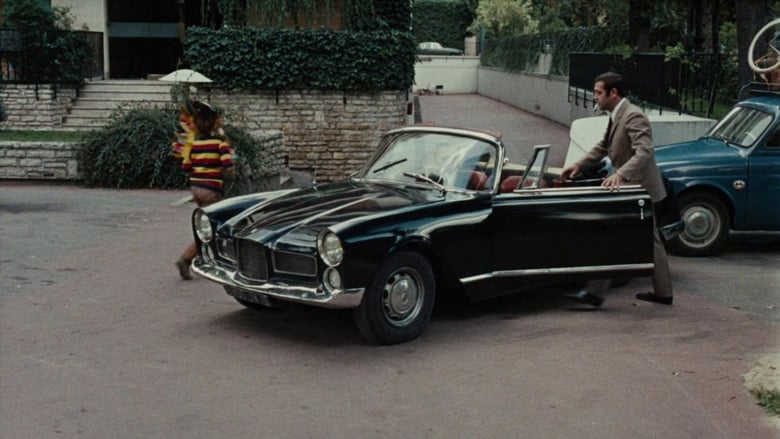
Weekend (1968)
A supposedly idyllic weekend trip to the countryside turns into a never-ending nightmare of traffic jams, revolution, cannibalism and murder as French bourgeois society starts to collapse under the weight of its own consumer preoccupations.
Watch Trailer
Cast
Similar titles
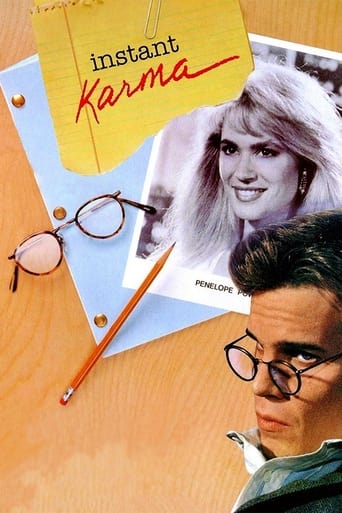

Reviews
Absolutely Fantastic
There is, somehow, an interesting story here, as well as some good acting. There are also some good scenes
There are moments in this movie where the great movie it could've been peek out... They're fleeting, here, but they're worth savoring, and they happen often enough to make it worth your while.
The film never slows down or bores, plunging from one harrowing sequence to the next.
Goddard is a genius? SERIOUSLY? This waste of time is violent, disgusting and any political message he is trying to portray as some sort end of the world scenario is total B******T.As I read reviews going on and on about what brilliant movie making I thought these people sound like the idiots I went to college with who would go on and on and on about a 40 minute movie showing a wall they stared at and had the supreme gall to call it incredibly thoughtful and a statement on...well stupidity in my opinion.The nonstop murders, rape that borders on bestiality, eating people is without a doubt some of the most pointless nonsense I've ever seen. The worst is Goddard seems to think killing animals live on screen is great entertainment. His "characters" slaughter a live pig on screen, rabbit and various other disgusting killings. Basically this is a snuff film that sophomoric people sit around drinking and getting high while calling it brilliant is probably the best sense of the demise of civilization that people would call Goddard a great film maker.Nope just a pretentious bit of garbage that was a waste of money and time. A better film would be showing Goddard a victim of his own entertainment and being slaughtered live on screen as punishment for making such drivel.Just goes to show that if you buy into this kind of hype you'll buy into anything without thinking.
"Roland (Jean Yanne) and Corinne (Mireille Darc) are a bourgeois couple, although each has a secret lover and conspires to murder the other. They set out by car for Corinne's parents' home in the country to secure her inheritance from her dying father, resolving to resort to murder if necessary." So begins Wikipedia's summation of Godard's Week-end. Along the way, the two characters encounter car accidents, a long traffic jam, a shooting or two, hippies, theft, rape, animal killing, and cannibalism. And a lot of political philosophy/propaganda.I'm unable to finish this movie. I like some Godard films like À bout de soufflé, Vivre Sa Vie and Le Mepris, but this one just makes me nauseous. All the blood, all the contemptible, absurd behavior... I guess that was Godard's intent - to make us feel his repulsion toward modern capitalist society. Unfortunately he doesn't show us a solution, and the film's ending is quite depraved.So if you feel like being nauseous, check this one out. Otherwise, do yourself a favor and go for a nice nature walk instead.
Reality in art can never be unmediated, and the ability of any director to create reality is hampered by the act of film making itself. In Le Weekend however, Godard hasn't attempted to create realism, only the illusion of it. It's under this disguise that he drives through a dominant bourgeois ideology of radicalism and patriarchal capitalism. However, it's the disguise itself that makes this film so unreachable to many. Obscurity and pretension bulldoze through the narrative leaving the observer either bamboozled and exhausted, or gasping for more. Watching the weekend is like driving a car down a one way street, once you've started you can't turn around. On this journey, Goddard's street is like a constantly shuffling cubist painting. Enigmatic captions flash from hidden meanings, poets on drum kits nestle in forests, pianists in farmyards, live animal slaughter, cannibalism and rape. The characters sometimes seem to get into the back seat of your car at times, e.g. when the main protagonist complains about the madness of the movie he's in.The political anarchism against capitalist society seems to continuously point the observer towards the end of the road, and the brutality of the society it complains about, is met by more excessive brutality. Its Raison d'être can be folded into two ideologies. It is not only the political statement about the necessary brutality of anarchism to devour the putrid flesh of bourgeois capitalism, but the pointless guerillas fighting without any ideology seems to be of greater poignancy in the modern world. Today revolutions are breaking out across the globe, and Le weekend is Goddard's message to all of them. When the revolts succeed, the revolutionary becomes the bourgeoisie for the next generation.
I've thrown rocks at cops in protest rallies in my angsty youth, if nothing else at least I can understand anger and outrage as expression of political sentiment. I can also understand the folly of that violence. With a film like Week End, do we give Godard his satire or do we bemoan how blunt it is? Inasmuch as the film is an opportunity to express politics rather than a forum to discuss them, I'm willing it to give Godard the stage to see what he has to say. Is the vehicular havoc of the beginning "a scene of Parisian life", perhaps, Paris is notorious for its traffic jams, but the famous tracking shot that defines this part of the movie plays out like a tableaux of Tati humour, except there's no charm in its delicacy, the intended effect is horn-blaring cacophony. It gets the point across, this is a world of madness and hysteria we're tracking through.But what about the politics expressed here, once the amusing novelty wears off what happens inside this apocalyptic landscape of provincial roads littered with corpses and wrecked cars? A film doesn't need to resort to protest rally sloganeering to be agitprop, but when it does, when it quotes from Marx and Engels, when the US and Israel is the source of evil (curiously enough, France is not singled out among the imperialists), when the actual problems of Africa are trivialized in the manner of reading from a pamphlet, does that reveal a filmmaker who doesn't know any better or one that does but chooses to obfuscate the bigger picture to promote an ideology? I guess I'm wondering if the malice is naive or deliberate. If it was any other filmmaker I might begin to consider that the intended message is also an object of outrage and ricidule, but for someone who was a proclaimed Maoist, I can't help but shudder at the thought that he means what he says.Godard seems to me like he's the bourgeoisie of cinema, exactly what he despises. Having solved his apparent problems, he turns to the world to find a source of vexation to complain about. There's an insatiable hunger here to point out wrongs and shake fists in the air, nothing to love or embrace or attempt to understand. If he's not sneering at his own countrymen, he will speak on behalf of blacks or Arabs or he will make idiotic claims about modern music. His little reenactment of a revolution in the Parisian countryside is a mockery of that revolution.To paraphrase the words of one of his characters, likely there are more terrifying things to contemplate than the strange nature of man, but Godard can't even contemplate that strange nature. Likely he can understand it, he's an intelligent film mind and in the first few minutes seemingly without effort he creates a marvelous game of deceit, but he's too busy humiliating it, too busy trying to provoke a response to really evoke something. Fin du cinema, only for him maybe.

